Question And Answer
Publications
Articles, publications, books, tools and multimedia features from the U.S. Institute of Peace provide the latest news, analysis, research findings, practitioner guides and reports, all related to the conflict zones and issues that are at the center of the Institute’s work to prevent and reduce violent conflict.
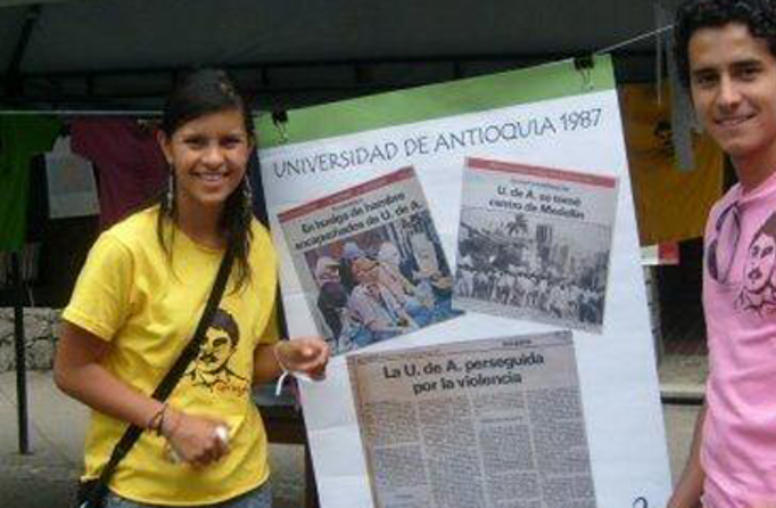
Strengthening the Capacity of Youth to Build Peace in Colombia
Through a grant to Hijos e Hijas por la Memoria y Contra la Impunidad (Sons and Daughters for Memory and Against Impunity), USIP is strengthening a youth organization dedicated to promoting a peaceful resolution to Colombia's conflict, supporting young people’s desire to serve as leaders for peace in Colombia, and helping to develop the peace-making capacities of the younger generation.
A Historical Case Study of Violence in Colombia
Colombia’s National Committee of Reparation and Reconciliation (CNRR) established a Historical Memory Group, an independent, autonomous unit of 14 respected academics charged with producing an account of the origins and evolution of Colombia’s internal armed conflict, giving special attention to the perspectives of victims. USIP has been supporting the work of the gender unit of the Historical Memory Group.
Demobilization and Reintegration of ExCombatants in Colombia
With the support of USIP, the Fundación Antonio Restrepo Barco developed a model psycho-social treatment program for 100 ex-combatants. Three professional counselors trained a group of thirty ex-combatants from the Caribbean coastal region in strategies to assist in their own social reintegration and to train them as peer counselors.
Citizens’ Commission for Reconciliation
USIP supported the work of SEMBRANDOPAZ to launch a network in the North Atlantic coastal region of Colombia that creates and links eight departmental Citizens' Reconciliation Commissions (CCR). This network is a vehicle through which to promote and channel citizen participation around issues related to truth, justice, reparations, reconciliation, and reintegration, and to foster national reconciliation processes and debates at the local and regional levels.
Women’s Memories of War, Peace, and Resistance
USIP supported the gender unit of the Historical Memory Group (HMG) to develop a unique interdisciplinary and participatory methodology to produce the first official report of the HMG Gender Unit.
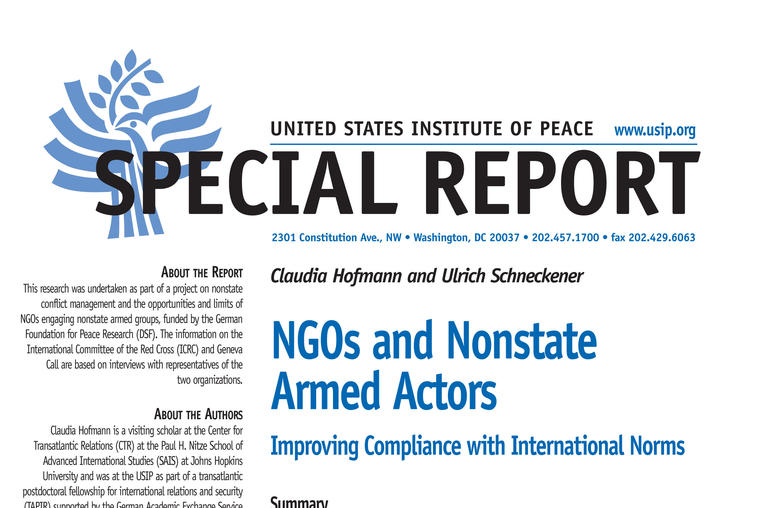
NGOs and Nonstate Armed Actors
Two seasoned NGOs engage nonstate combatants on international human rights law to get them to change behaviors, from eliminating use of landmines to protecting civilians. Their work can inform and complement other attempts at engagement.
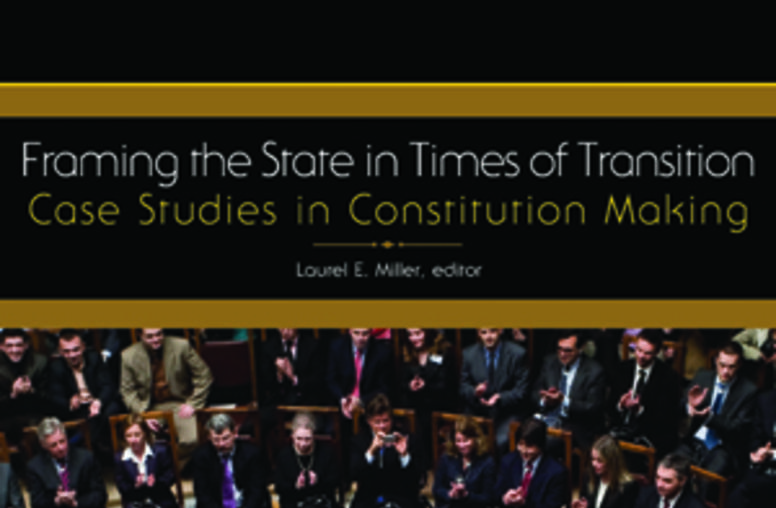
Framing the State in Times of Transition
Analyzing nineteen cases, Framing the State in Times of Transition offers the first in-depth, practical perspective on the implications of constitution-making procedure, and explores emerging international legal norms.
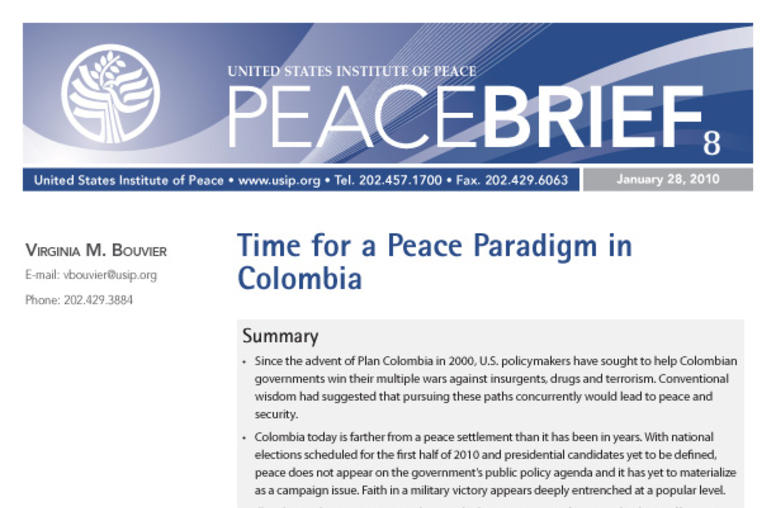
Time for a Peace Paradigm in Colombia
With congressional and presidential elections respectively scheduled for March 14 and May 30, 2010, electoral politics in Colombia will shape the prospects for peace in the coming months. Peace does not appear on the government’s public policy agenda and it has yet to materialize as a campaign issue.

Keith Mines on the Future of U.S. Latin America Policy
Intense polarization in Bolivia, Venezuela, and Colombia will present Washington with significant challenges in the years ahead. But USIP’s Keith Mines says, for the most part, leaders in those countries “are looking for a way forward … there’s a more realistic framework of coexistence that’s emerging.”
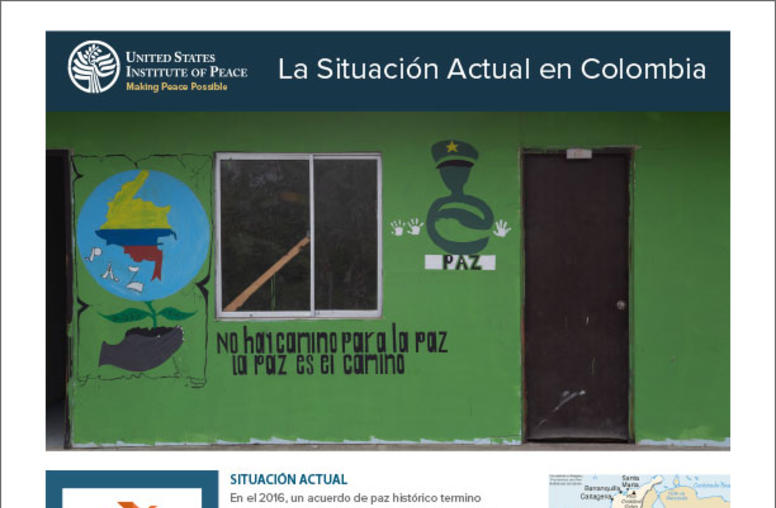
The Current Situation in Colombia (Spanish)
En el 2016, un acuerdo de paz histórico termino el conflicto armado de 50 años entre el Gobierno Colombiano y las Fuerzas Armadas Revolucionarias de Colombia (FARC). Pero implementar el acuerdo – que significa cementar lo acordado en la legislación nacional y asegurarse que sus provisiones lleguen a todas las partes del país de forma equitativa – sigue siendo difícil.